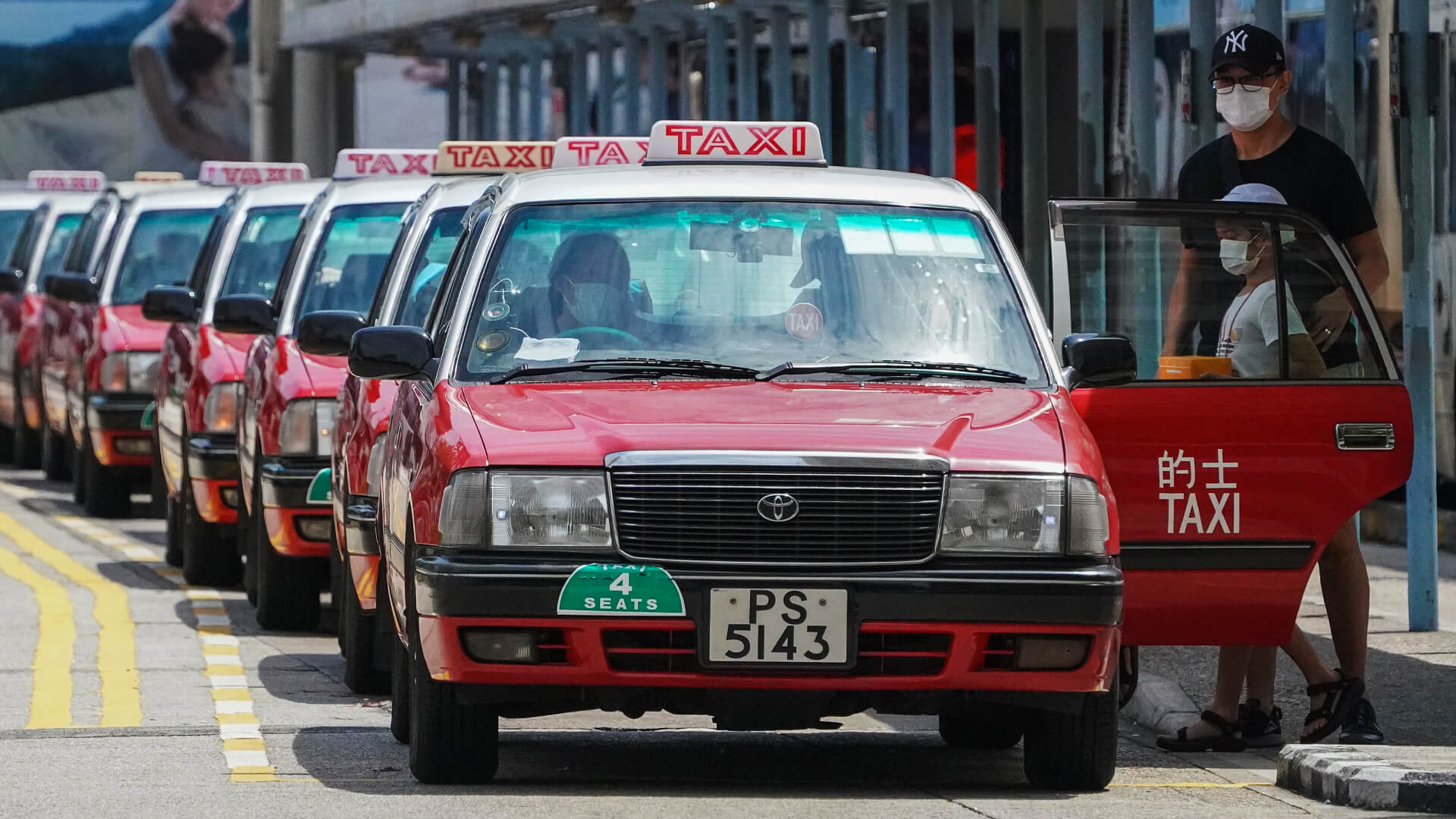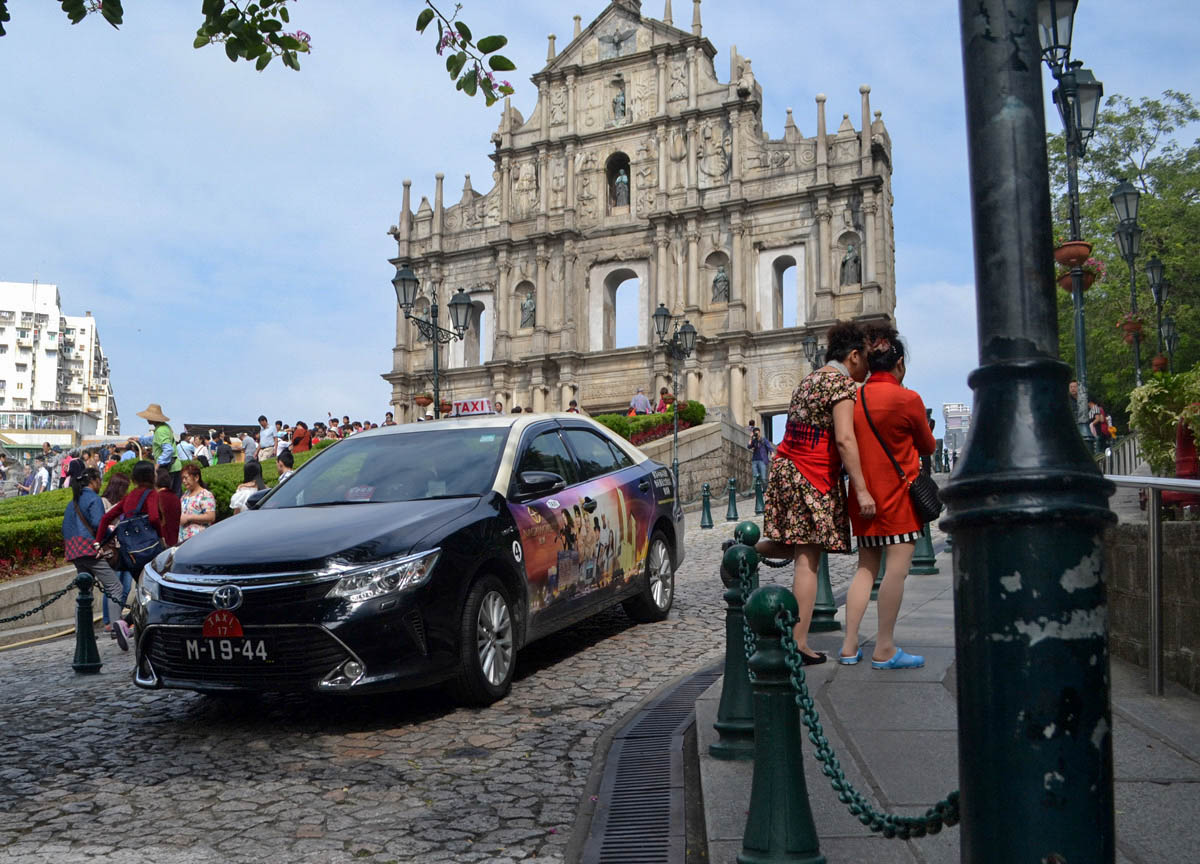
Hong Kong’s Legislative Council has passed a landmark bill mandating that ride-hailing platforms, vehicles, and drivers must all obtain licenses or permits before operating. Under the new framework, vehicles must be registered to individual owners, insured for third-party risk, and conform to age and inspection requirements, while drivers must be at least 21, hold a private car license for a minimum of one year, and have no serious traffic violations in the past five years. The government now plans to flesh out subsidiary legislation in early 2026, aiming for licensed ride-hailing services to begin in the fourth quarter of that year.
This regulatory breakthrough is seen as a long-awaited solution to the tension between digital ride-hailing platforms and Hong Kong’s traditional taxi industry, which had long pressured authorities over perceived unfair competition. Uber and similar services had operated in Hong Kong for years without formal regulation, occasionally facing enforcement actions from law enforcement. The new law is expected to promote safer, more reliable point-to-point transport options, while seeking a balance that allows coexistence with the taxi sector.
By contrast, Macau remains in regulatory limbo. Despite introducing a taxi booking service via China’s AMap platform earlier this year, the Macau government has yet to enact any legislation to enable or oversee ride-hailing services. Macau officials say they are studying the issue; the region’s Chief Executive previously noted that public safety and rights of drivers and passengers would be key considerations. The delay comes even as Macau's heavy reliance on mainland Chinese visitors—who are accustomed to using ride-hailing—makes the lack of regulatory clarity more conspicuous.


 Content Writer: Janice Chew • Thursday, 25/10/2025 - 22:57:12 - PM
Content Writer: Janice Chew • Thursday, 25/10/2025 - 22:57:12 - PM